Home / trending / Zomato’s Controversial Job Offer Sparks Debate on Economic Justice and Workplace Equity
Zomato’s Controversial Job Offer Sparks Debate on Economic Justice and Workplace Equity
By: My India Times
3 minutes read 5Updated At: 2024-11-21
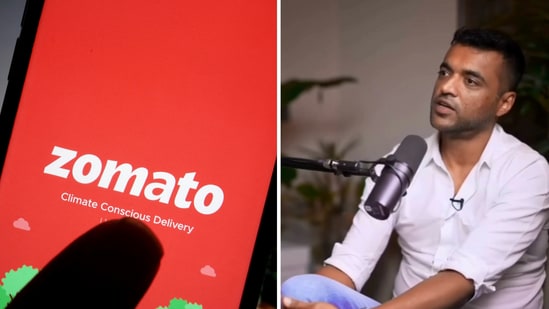
In a bold but polarizing move, Zomato CEO Deepinder Goyal announced a job offer for the role of Chief of Staff with terms that have raised serious concerns about economic justice and human rights in the workplace. The offer requires the selected candidate to pay Rs 20 lakh upfront, with no salary for the first year. While the amount is pledged for donation to Feeding India, a hunger-relief charity, critics argue that the structure of the offer undermines principles of fairness, equality, and inclusivity in employment.
The Human Rights Perspective
At its core, the controversy centers around the right to equal access to opportunities. A job that demands an upfront financial commitment excludes individuals from marginalized or low-income backgrounds, perpetuating systemic inequalities.
“Jobs are meant to empower people, not create additional barriers,†said a labor rights advocate. “By introducing a financial prerequisite, this offer inherently discriminates against talented individuals who simply cannot afford to pay for an opportunity. It undermines the basic human right to fair and equitable access to work.â€
The Universal Declaration of Human Rights, adopted by the United Nations, enshrines the right to work and to access opportunities based on merit, not wealth. Critics argue that this job offer, though framed as philanthropic, contradicts this principle by favoring the financially privileged.
Economic Inequality and Corporate Responsibility
The debate has also highlighted the persistent issue of economic inequality in India’s corporate landscape. Despite progress in some areas, barriers to leadership opportunities remain deeply entrenched for individuals from underprivileged backgrounds.
“This isn’t just about one job offer; it’s about the systemic exclusion of those who lack economic privilege,†said an activist. “Leadership positions should reflect the diversity of society, but offers like this reinforce the idea that wealth determines worth.â€
Social Media Outrage
The announcement triggered widespread criticism online, with many users condemning the offer as elitist and exploitative. A user tweeted, “No one should have to pay to work. This is a violation of the basic dignity of labor.†Another pointed out that such offers undermine the principles of meritocracy, effectively closing doors for talented individuals from disadvantaged backgrounds.
Some also questioned the ethics of tying employment to charitable donations. “Philanthropy is important, but it cannot be used as a shield to justify exclusionary practices,†one commentator wrote.
A Missed Opportunity for Inclusion
The backlash reflects a broader societal need for companies to embrace inclusive hiring practices. Many argue that organizations like Zomato, with their significant influence and reach, have a responsibility to foster equality and create pathways for individuals from all walks of life to access opportunities.
“What Zomato could have done is offer this role without the financial precondition and instead tie the charitable donation to its own corporate social responsibility (CSR) initiatives,†said a diversity expert. “That would have sent a stronger message about their commitment to inclusion.â€
The Way Forward
This controversy offers a critical moment for reflection, not just for Zomato but for the broader corporate sector. Employers must consider the human impact of their policies and ensure that economic barriers do not perpetuate inequality.
Employment should empower individuals, uplift communities, and create pathways for growth—regardless of their financial background. As the conversation around this job offer continues, it serves as a reminder that true leadership isn’t just about innovation or profits; it’s about creating a fair and equitable world where opportunities are accessible to everyone.
....In a bold but polarizing move, Zomato CEO Deepinder Goyal announced a job offer for the role of Chief of Staff with terms that have raised serious concerns about economic justice and human rights in the workplace. The offer requires the selected candidate to pay Rs 20 lakh upfront, with no salary for the first year. While the amount is pledged for donation to Feeding India, a hunger-relief charity, critics argue that the structure of the offer undermines principles of fairness, equality, and inclusivity in employment.
The Human Rights Perspective
At its core, the controversy centers around the right to equal access to opportunities. A job that demands an upfront financial commitment excludes individuals from marginalized or low-income backgrounds, perpetuating systemic inequalities.
“Jobs are meant to empower people, not create additional barriers,†said a labor rights advocate. “By introducing a financial prerequisite, this offer inherently discriminates against talented individuals who simply cannot afford to pay for an opportunity. It undermines the basic human right to fair and equitable access to work.â€
The Universal Declaration of Human Rights, adopted by the United Nations, enshrines the right to work and to access opportunities based on merit, not wealth. Critics argue that this job offer, though framed as philanthropic, contradicts this principle by favoring the financially privileged.
Economic Inequality and Corporate Responsibility
The debate has also highlighted the persistent issue of economic inequality in India’s corporate landscape. Despite progress in some areas, barriers to leadership opportunities remain deeply entrenched for individuals from underprivileged backgrounds.
“This isn’t just about one job offer; it’s about the systemic exclusion of those who lack economic privilege,†said an activist. “Leadership positions should reflect the diversity of society, but offers like this reinforce the idea that wealth determines worth.â€
Social Media Outrage
The announcement triggered widespread criticism online, with many users condemning the offer as elitist and exploitative. A user tweeted, “No one should have to pay to work. This is a violation of the basic dignity of labor.†Another pointed out that such offers undermine the principles of meritocracy, effectively closing doors for talented individuals from disadvantaged backgrounds.
Some also questioned the ethics of tying employment to charitable donations. “Philanthropy is important, but it cannot be used as a shield to justify exclusionary practices,†one commentator wrote.
A Missed Opportunity for Inclusion
The backlash reflects a broader societal need for companies to embrace inclusive hiring practices. Many argue that organizations like Zomato, with their significant influence and reach, have a responsibility to foster equality and create pathways for individuals from all walks of life to access opportunities.
“What Zomato could have done is offer this role without the financial precondition and instead tie the charitable donation to its own corporate social responsibility (CSR) initiatives,†said a diversity expert. “That would have sent a stronger message about their commitment to inclusion.â€
The Way Forward
This controversy offers a critical moment for reflection, not just for Zomato but for the broader corporate sector. Employers must consider the human impact of their policies and ensure that economic barriers do not perpetuate inequality.
Employment should empower individuals, uplift communities, and create pathways for growth—regardless of their financial background. As the conversation around this job offer continues, it serves as a reminder that true leadership isn’t just about innovation or profits; it’s about creating a fair and equitable world where opportunities are accessible to everyone.
By: My India Times
Updated At: 2024-11-21
Tags: trending News | My India Times News | Trending News | Travel News
Join our WhatsApp Channel


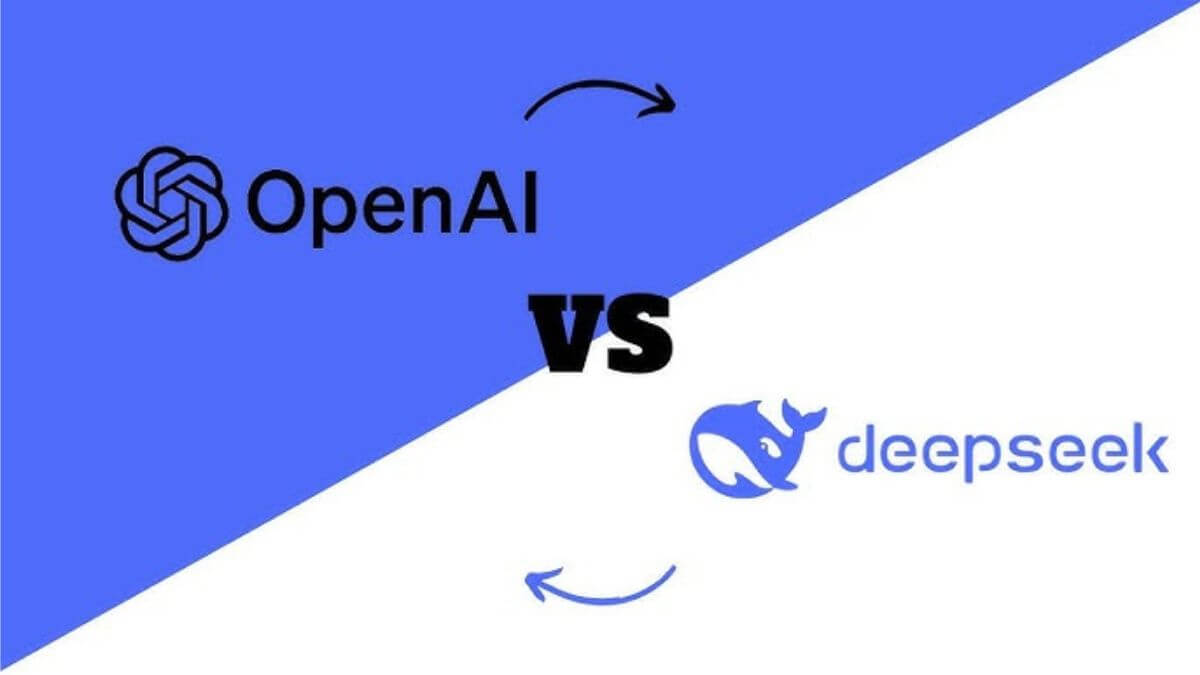








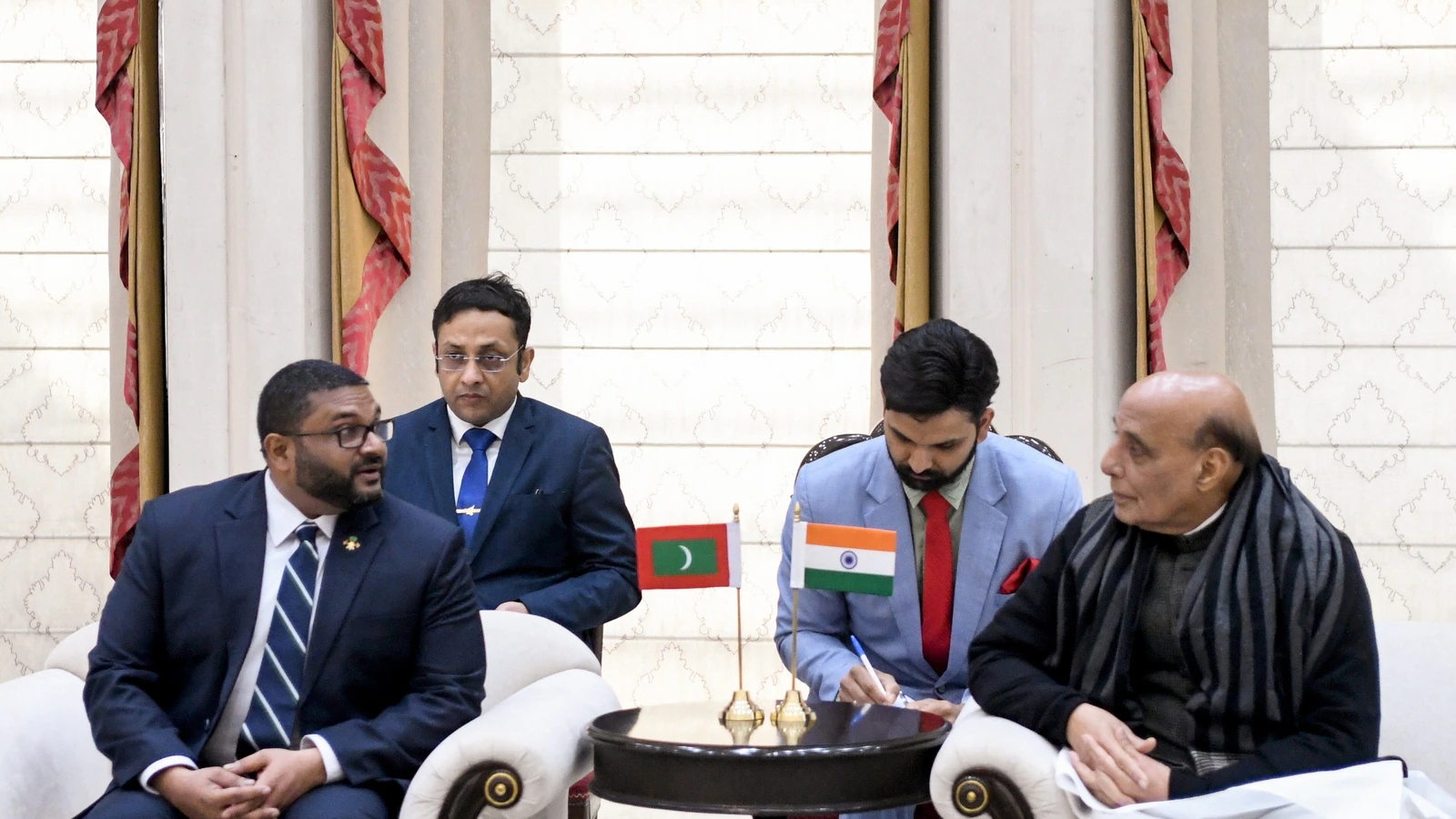

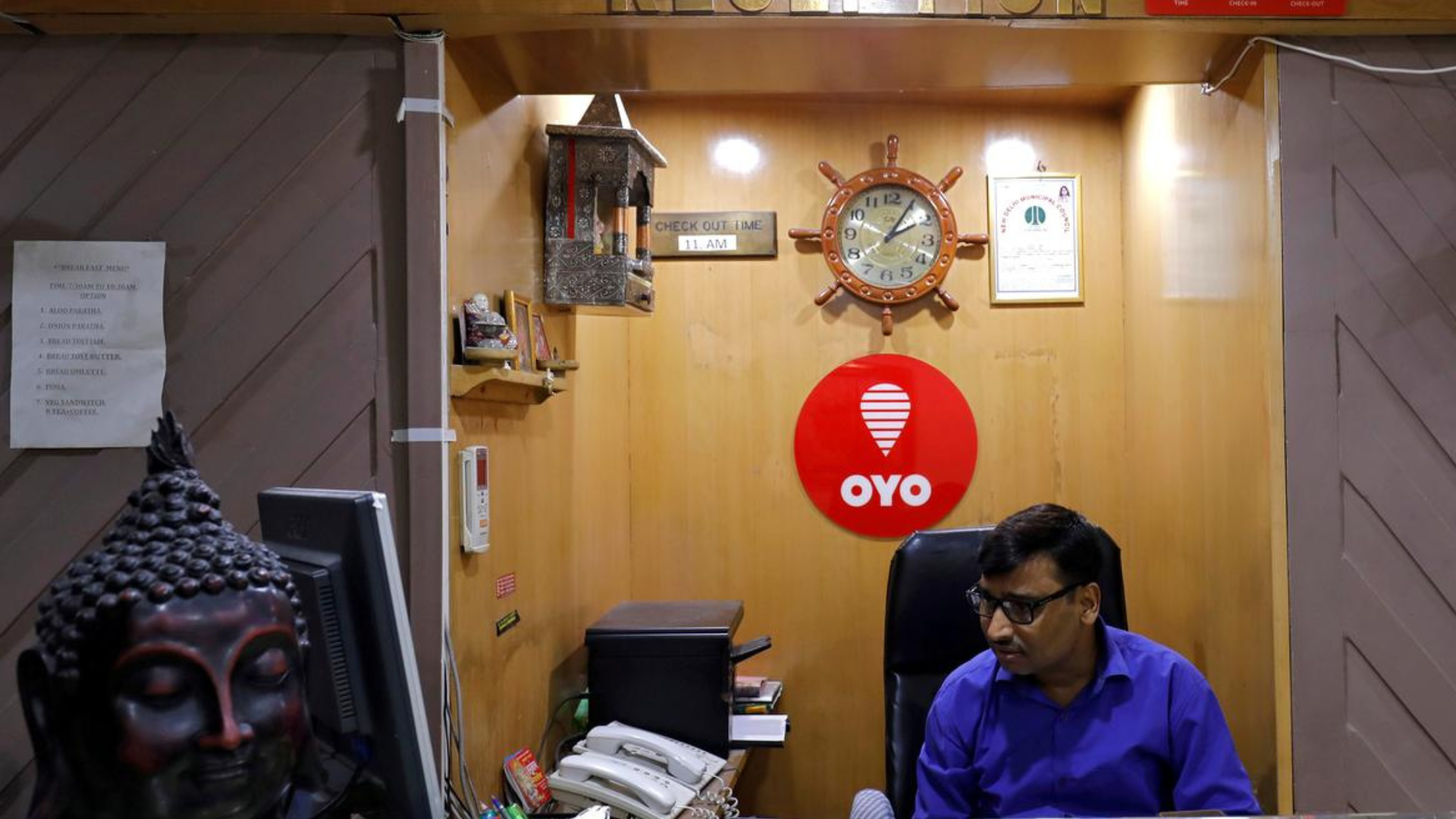

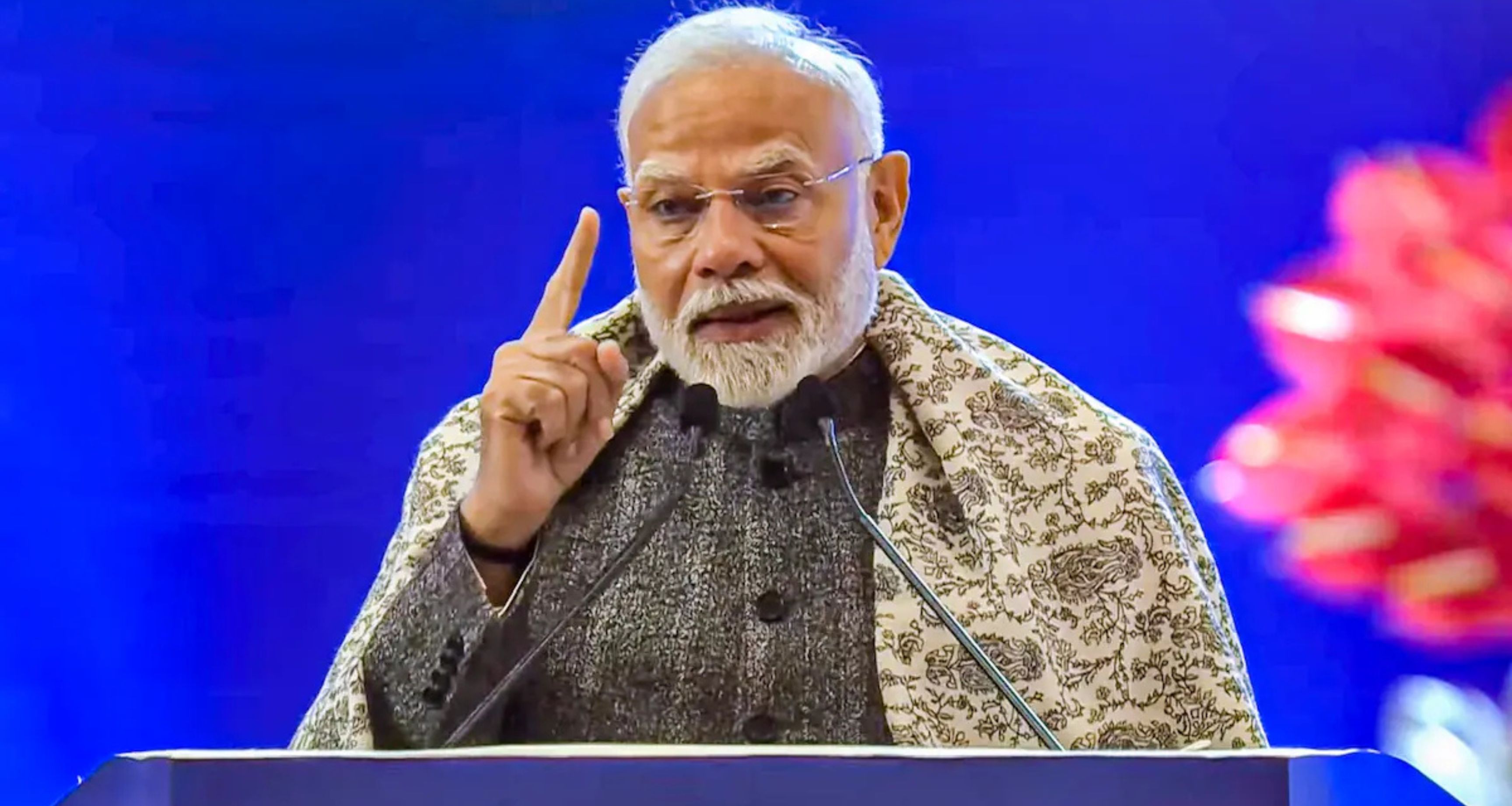




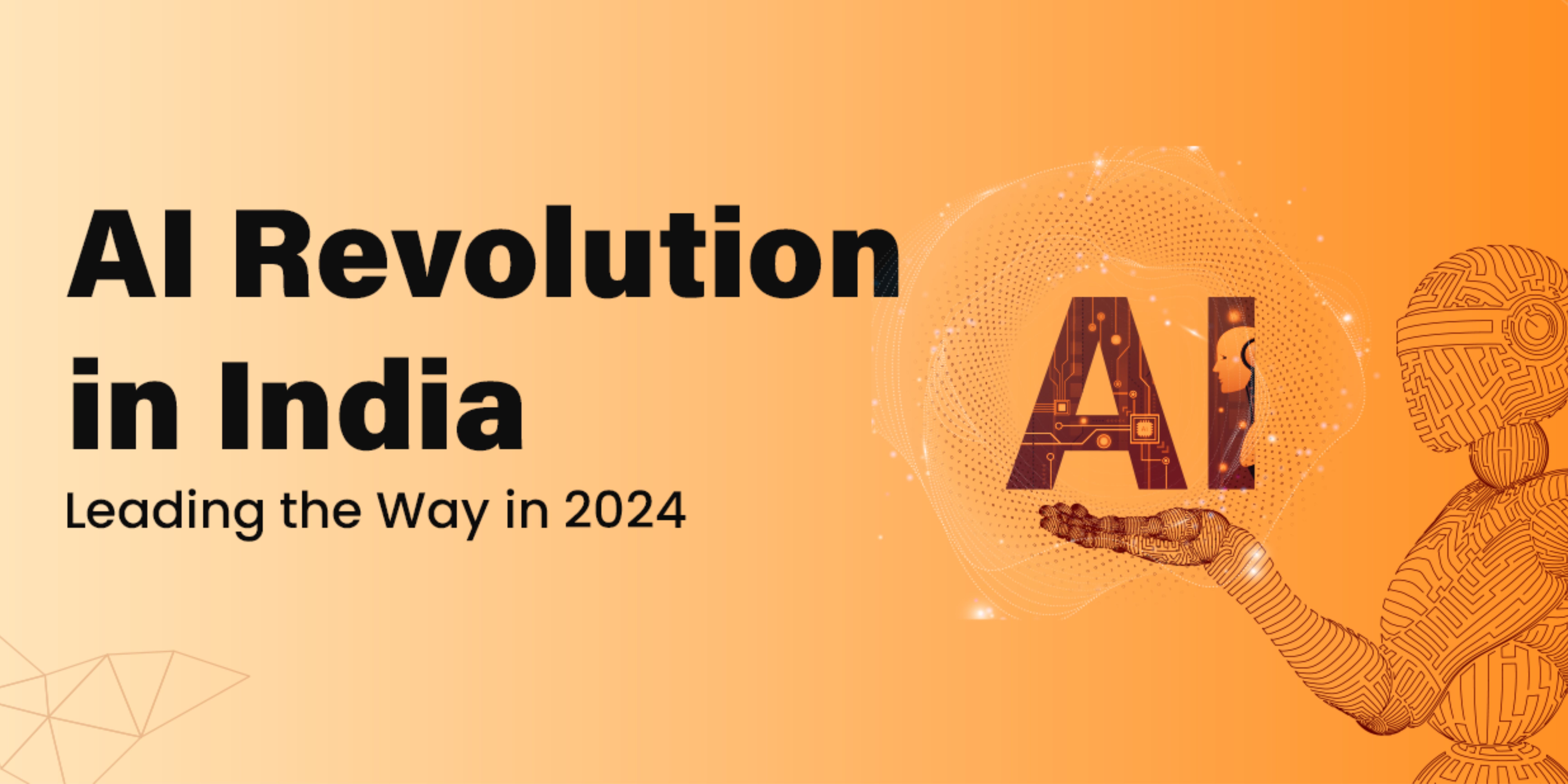

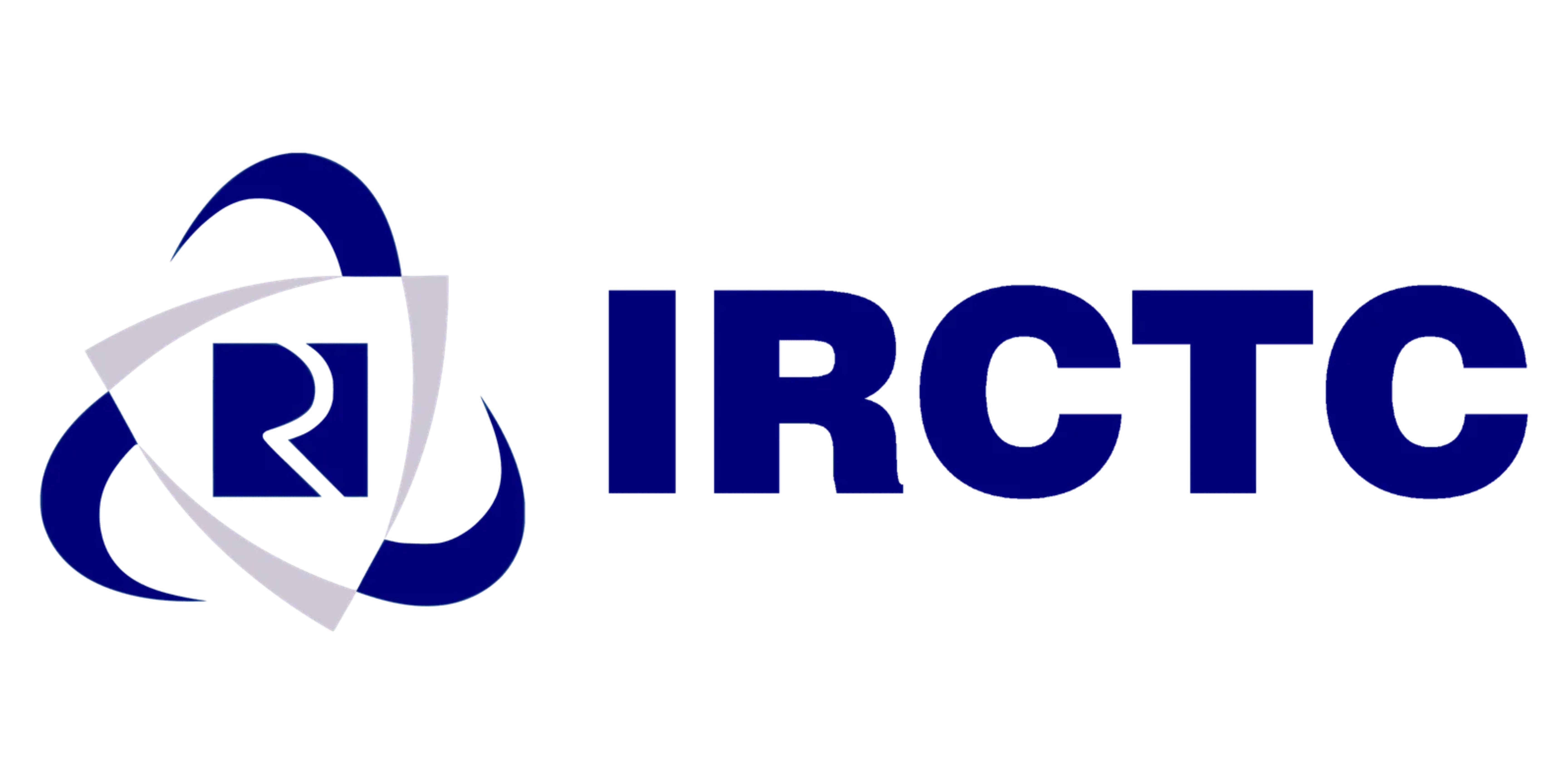


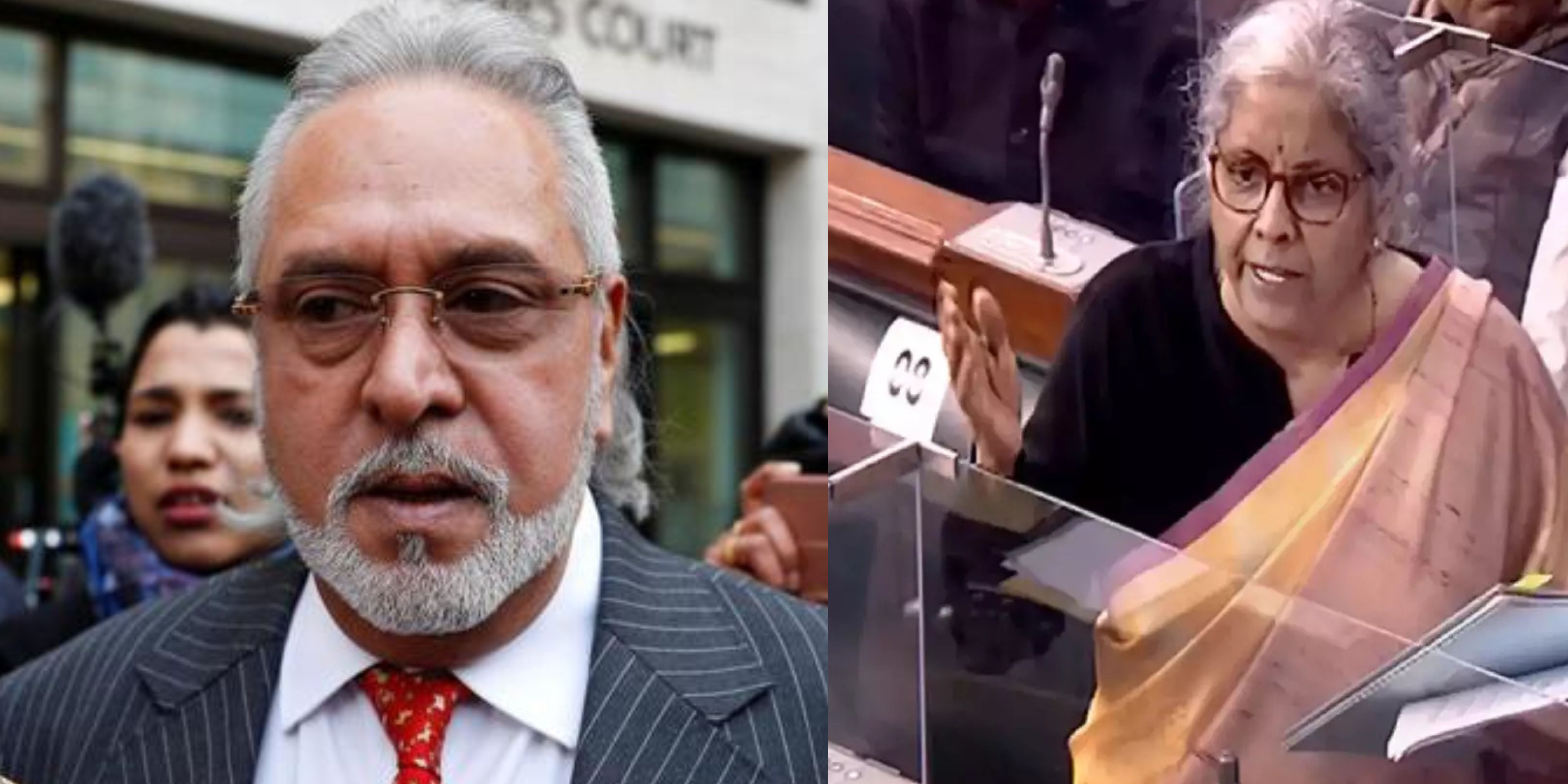









.jfif)
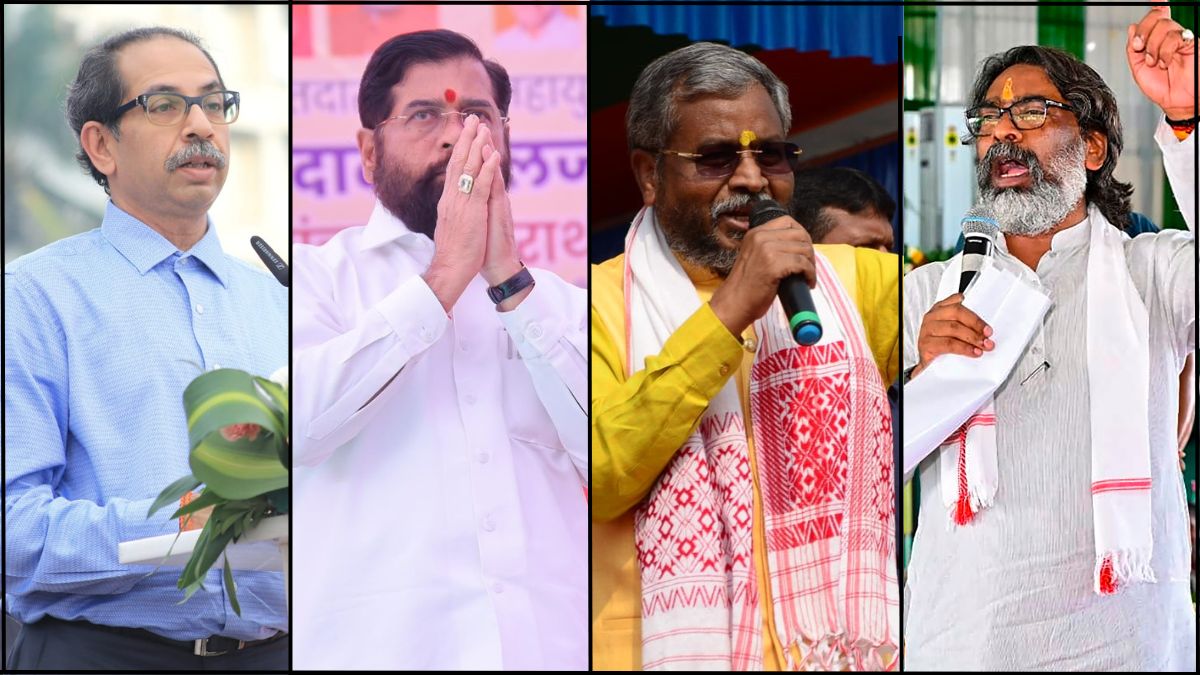
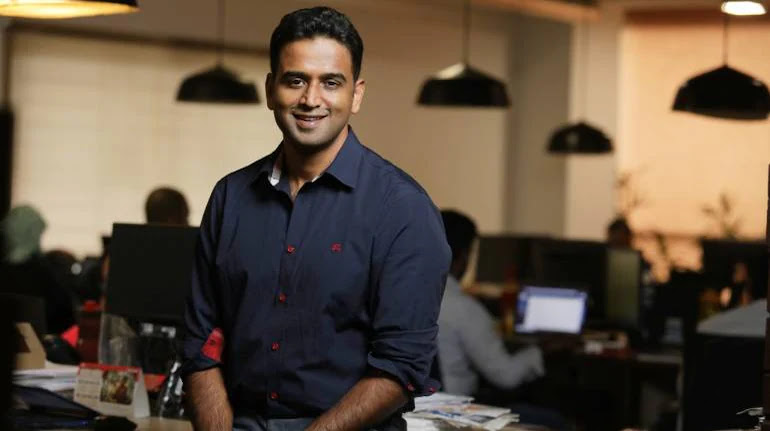
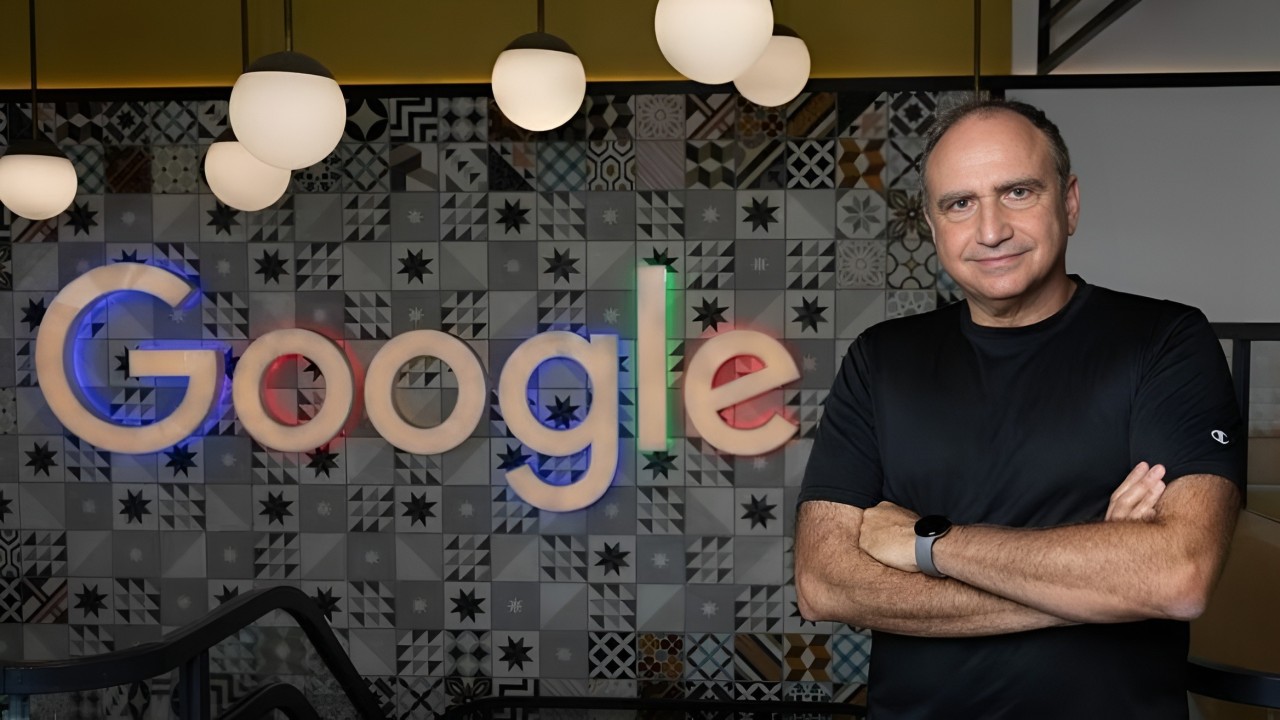
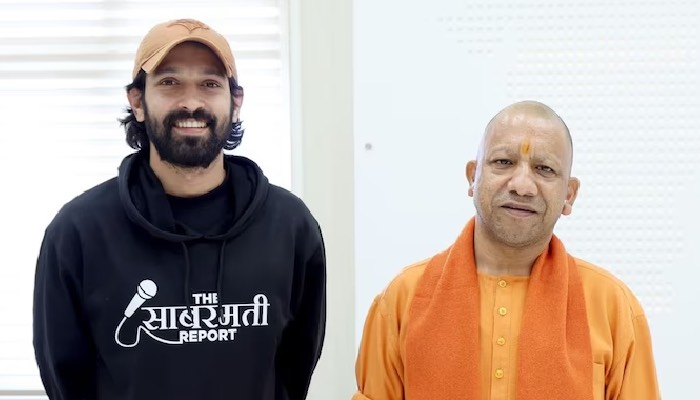
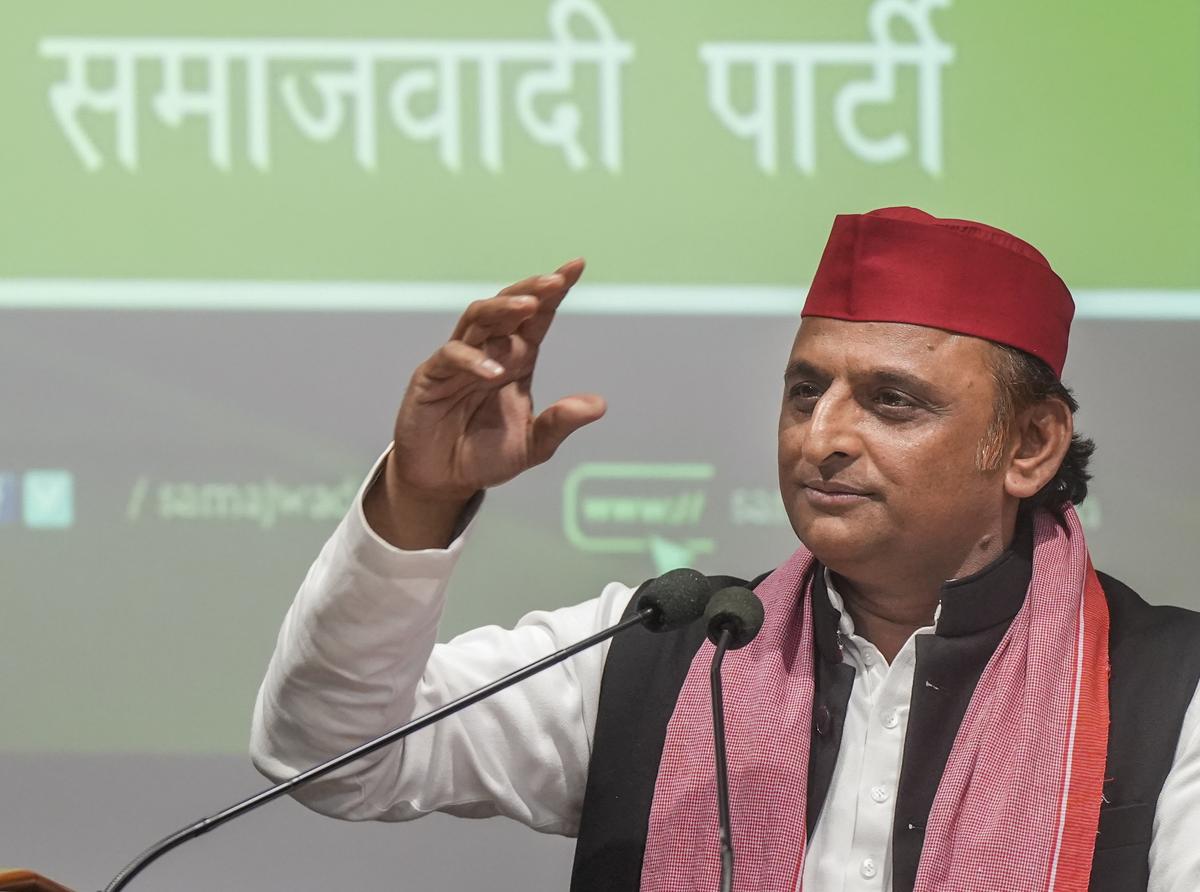



.jpg)





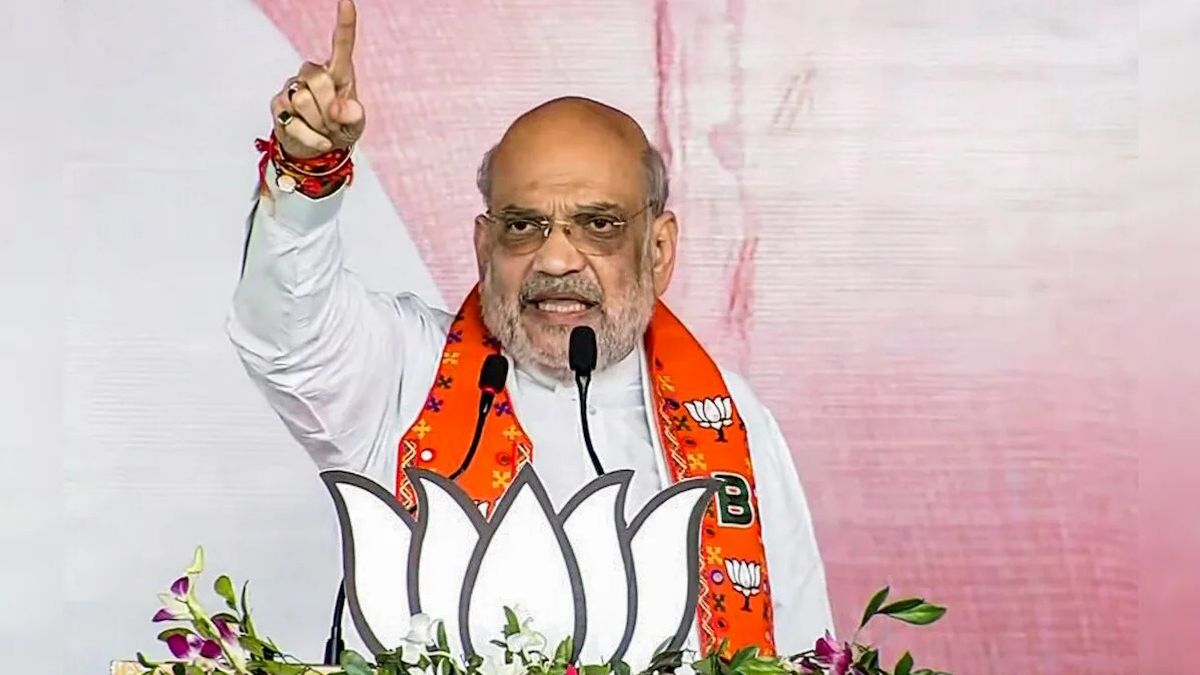























































.png)
 (1).png)























